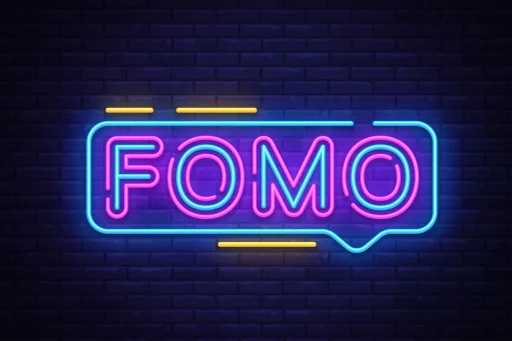Introduction to R U OK?
In the digital age, texting has become a primary mode of communication, often punctuated with acronyms and abbreviations that can be puzzling to the uninitiated. One such acronym making waves in both casual conversations and mental health discussions is “R U OK?”. This article explores the meaning, origin, and impact of this simple yet profound phrase in texting.
The Meaning Behind R U OK?
“R U OK?” is an abbreviation for “Are you okay?” It is commonly used in texting as a way to check in on someone’s emotional or mental state. Unlike a simple “how are you?”, which can be seen as a casual greeting, “R U OK?” carries a deeper implication that the sender genuinely cares about the recipient’s well-being.
Origin and Popularity of R U OK?
The phrase gained popularity particularly through social media, where brevity is key. Its roots can be traced back to the increased awareness of mental health issues in the early 21st century. As mental wellness became a critical topic of conversation, more people began to use the abbreviation in order to create an immediate emotional connection.
The Impact of R U OK? on Mental Health Awareness
Using “R U OK?” can be significant in fostering open conversations about mental health. According to a 2020 study by the National Alliance on Mental Illness (NAMI), about 1 in 5 adults in the U.S. experience mental illness in a given year. Yet, many individuals may not feel comfortable discussing these issues face-to-face. Texting “R U OK?” is a less intimidating way to open the door for such conversations.
Case Studies: The Power of a Simple Text
- The College Connection: A university study found that students who checked in with friends using simple texts like “R U OK?” felt more supported during stressful exam periods. Many reported enhanced overall well-being because they felt validated and cared for.
- The Workplace Well-Being Initiatives: Companies implementing mental health initiatives often encourage employees to check in with each other using phrases like “R U OK?”. One Fortune 500 company reported a 30% increase in employee morale when team members actively supported each other.
Examples of R U OK? in Texting Conversations
To show how “R U OK?” can be effectively integrated into texting, consider the following examples of conversations:
- Example 1:
Friend 1: “I’ve just been feeling overwhelmed lately…”
Friend 2: “I understand. R U OK?”
Friend 1: “Not really, it’s been tough. Can we talk?” - Example 2:
Team Leader: “I noticed you’ve been quieter than usual in meetings. R U OK?”
Employee: “Yeah, I’m just under a lot of pressure. Thanks for asking.”
Statistics Highlighting the Importance of Checking In
Here are some statistics that emphasize the necessity of caring check-ins:
- According to the Mental Health Foundation, over 60% of people feel more connected when someone checks in on them.
- Research from Harvard University indicates that feeling connected to others is a strong predictor of mental health and happiness.
- A survey conducted in 2021 by Blue Cross Blue Shield found that people who frequently receive supportive messages like “R U OK?” experience 40% less anxiety than those who do not.
Conclusion
The phrase “R U OK?” may seem simple at first glance, but its implications and effects are powerful, particularly for mental health awareness. In a world where genuine connections are often sacrificed for speed, taking the time to check in can make a significant difference in someone’s life. So, the next time you are texting a friend or loved one, consider sending “R U OK?” — it just might be the lifeline they need.






